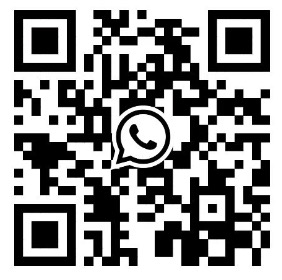What Are You Looking For?
NFC Fabric Wristbands
dual interface cards
NTAG213 nfc tags
RFID key card
ABS RFID Tokens
nfc NTAG213 sticker
adjustable Silicone NFC Wristbands
NFC On Metal sticker
Epoxy NFC Hang Tag
RFID Hang Tag
RFID PCB Tags
RFID PPS Tokens
RFID FPC Tags
13.56mhz nfc readers
RFID Blank Cards
printable rfid cards
PVC RFID tokens
RFID Wooden Cards





 IPv6 network supported
IPv6 network supported